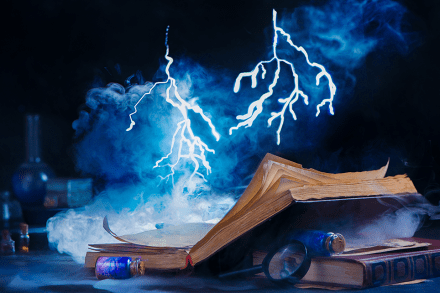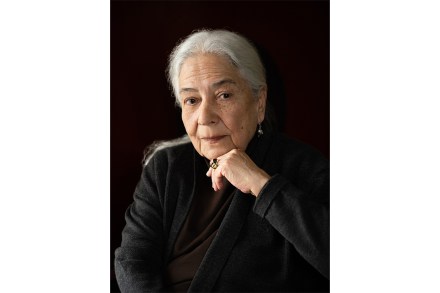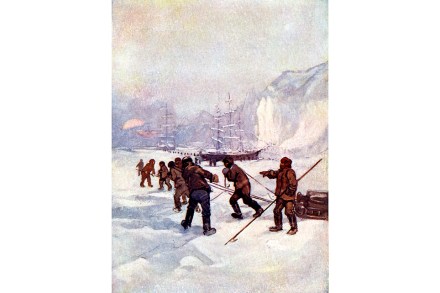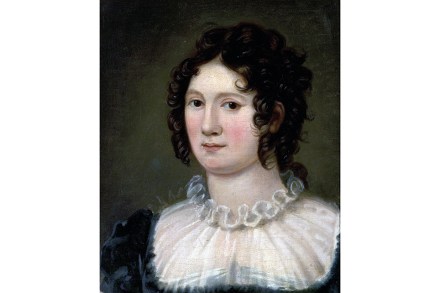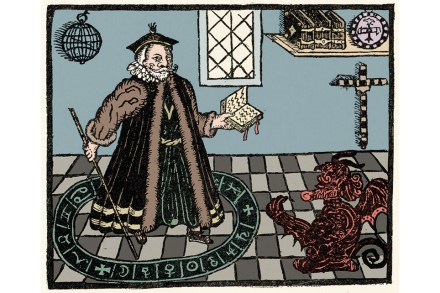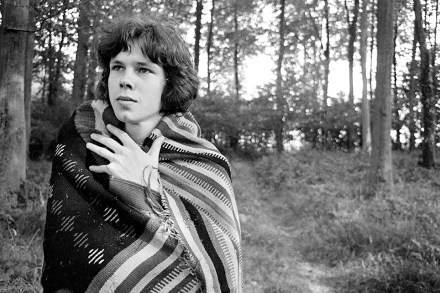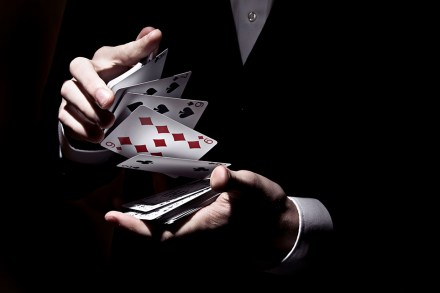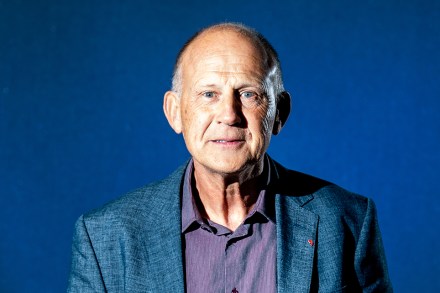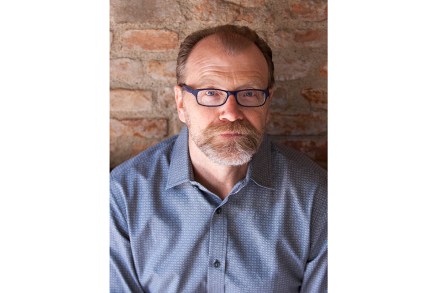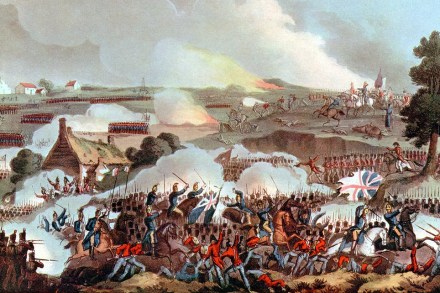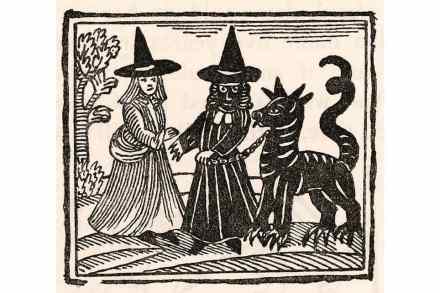Why would your dead daughter climb out of her grave to harm you?
Yarnton, Oxfordshire. A teenage girl is dumped face down in a pit, her legs bent and tethered. Around her lie the crania, jawbones and ribs of several children. Taken alone, this scene of 9th-century carnage puzzles as much as it horrifies. When placed in the wider context of a seemingly universal need to ensure that






